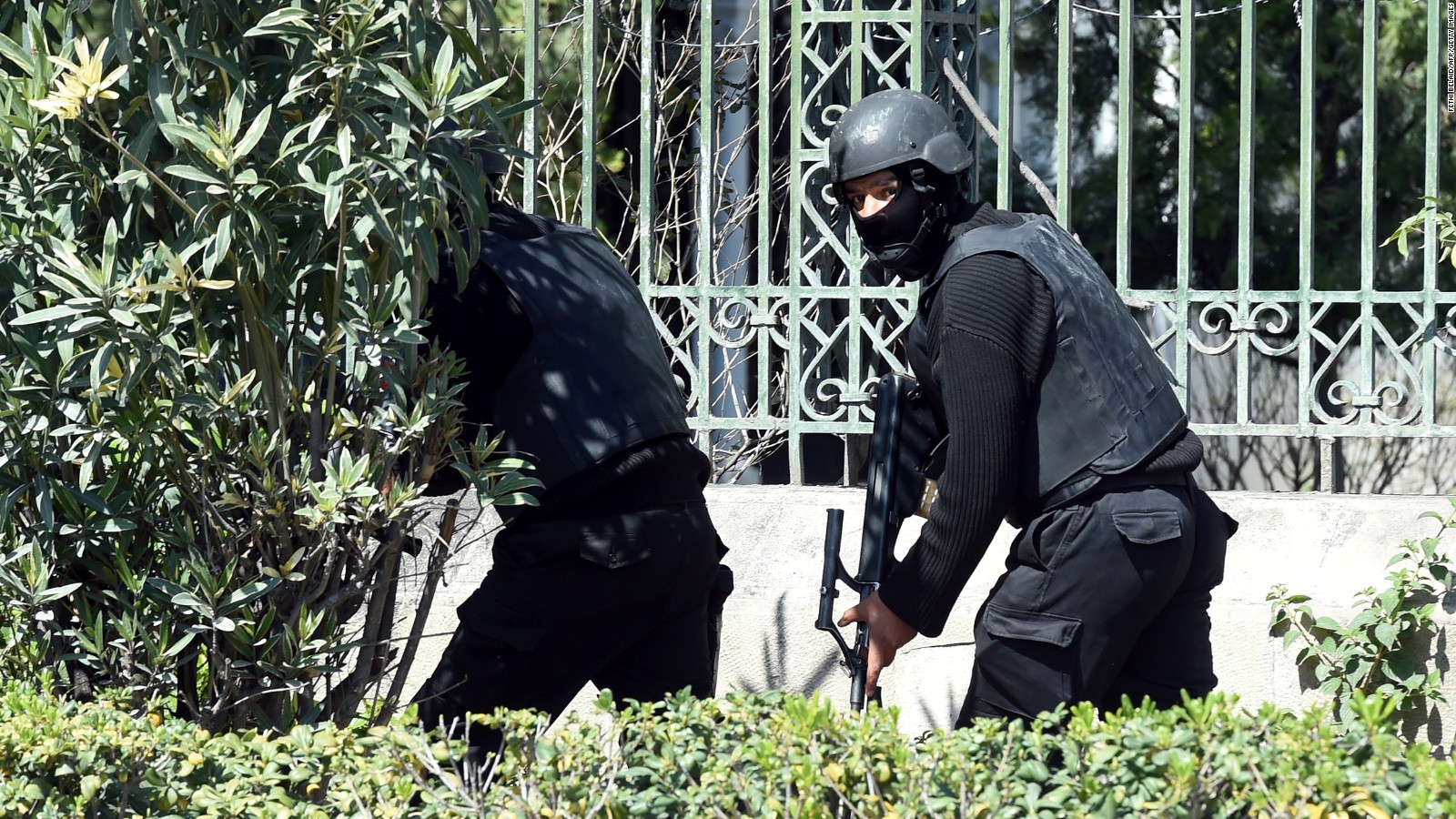In
an audio statement posted online Thursday, ISIS identified two men --
Abu Zakariya al-Tunisi and Abu Anas al-Tunisi -- it said used "automatic
weapons and hand grenades" to kill and injure what it called "crusaders
and apostates" in the Bardo Museum in Tunis. Tunisian Health Minister
Said Aidi said 23 people are believed to have been killed, including at
least one who died at a hospital overnight.
And that bloodshed, the ISIS message warned, is "just the start."
CNN cannot independently verify the legitimacy of the audio statement.
A
U.S. official told CNN there is no reason to doubt the claim's
authenticity. That said, American officials are checking the platform
that the statement went out on, including the extent to which it's tied
to the group calling itself the Islamic State.

Gunmen attack Tunisian museum 15 photos
The
current U.S. thinking is the attack may have been carried out by local
"franchise" adherents to ISIS, rather than centrally directed by the
Islamist extremist group's leadership, which is now thought to be in
Syria.
The two attackers were carrying
explosives, Tunisian President Beji Caid Essebsi said in an interview
Thursday with the French broadcaster TF1.
He
credited Tunisian security forces for responding so quickly to the
attack to avoid a larger tragedy because "terrible explosives were found
on these (attackers) and they didn't have time to use them."
Tunisia has been viewed as the lone democratic success story in the Arab Spring.
But the North African nation is not without its issues, including an
uneven economy and the distinction of having more citizens -- up to
3,000 Tunisians -- thought to have gone to Iraq and Syria to fight as jihadists than any other country, according to the International Centre for the Study of Radicalization in London.
No comments:
Post a Comment